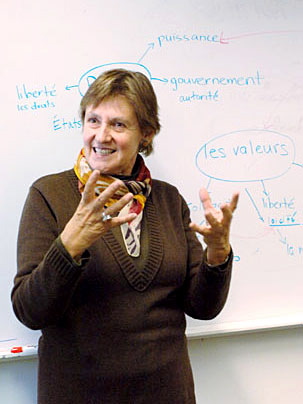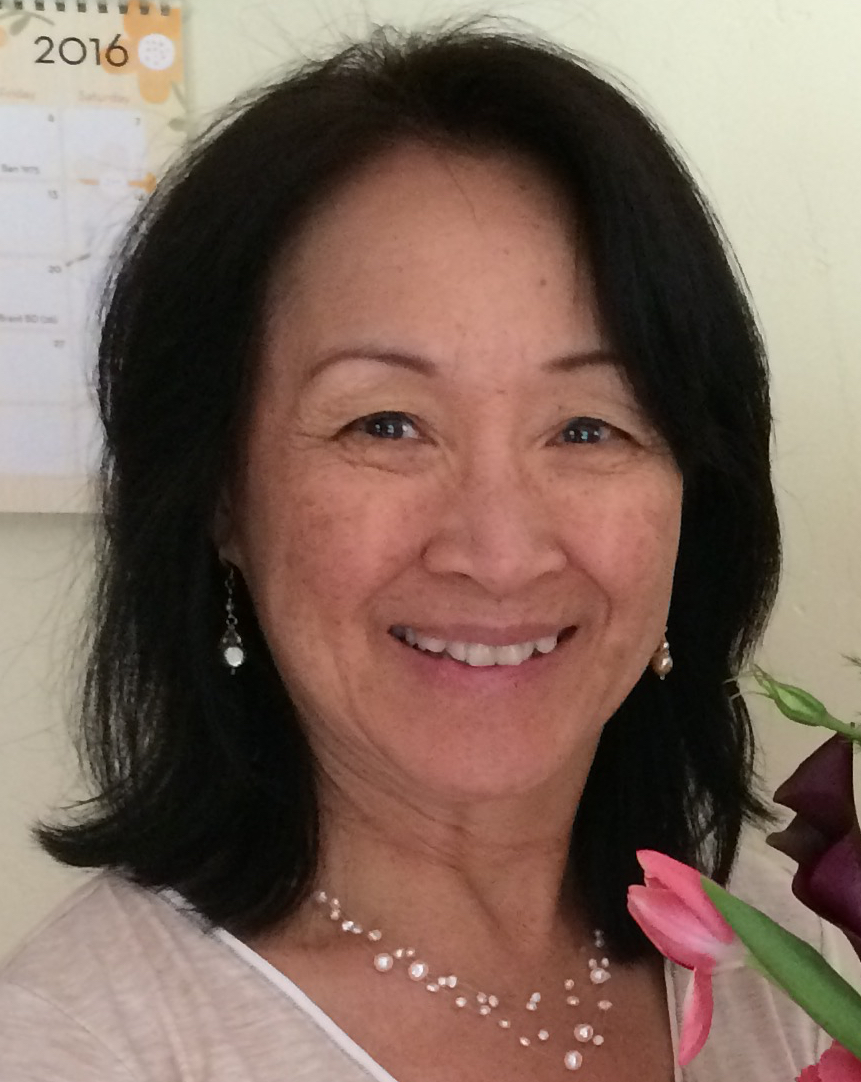APVEA 2017
| |
Keynote Speakers: |
| |
Professor Dorothy ChunProfessor Chun is a Professor in the Department of Education at the University of California, Santa Barbara. She has extensive experience in telecollaboration for intercultural learning and projects involving the use of online communication tools to help second language learners interact with other speakers of the L2, thereby being exposed to authentic language use and having the opportunity to co-construct knowledge with their peers in and about another culture. Since 2000, she has been the Editor in Chief of the online journal Language Learning and Technology and in 2004 became the founding director of the Ph.D. Emphasis in Applied Linguistics at UCSB. Her abstract:Challenges for Learners and Teachers in Telecollaborative Intercultural Exchanges
Based on my experiences of conducting and researching telecollaborative intercultural exchanges and on the findings in an edited volume on Cultura-inspired intercultural exchanges: Focus on Asian and Pacific languages (Chun, 2014), I would like to share my thoughts on theoretical and practical aspects of developing Byram’s (1997) intercultural communicative competence (ICC) and Kramsch’s (2011) symbolic competence (SC). In addition to helping learners develop such competences, teachers also often find themselves desiring to improve their own ICC and SC. This presentation will discuss the challenges faced by both learners and teachers in striving to attain intercultural understanding. |
 |
Professor Gilberte FurstenbergProfessor Furstenberg is Senior Lecturer Emerita at Massachusetts Institute of Technology. In 1997, she created Cultura with two other colleagues, and was involved in its development until 2014. Funded by the National Endowment for the Humanities, the goal of this ongoing telecollaborative intercultural project, is to bring culture to the forefront of the language class. The dynamic Cultura methodology has been adopted by many Universities across the US and the world, and has been adapted to many other languages and cultures. Her abstract:Some keys to creating a successful virtual intercultural exchange within a language class: a view from the creator of a longstanding project.
This talk - based on the well-known Cultura Project - will first present its origins and goals, then focus on three main areas: (1) the prerequisites for setting-up a virtual exchange (in terms of partners, materials, etc.); (2) the essential pedagogical underpinnings (in terms of how students interact, collaborate and construct their understanding of the other culture; (3) the multifaceted role of the teacher from guideline and task creator to evaluator. The examples provided will focus on exchanges between American and French students, but will also touch on some Asian-based exchanges.
The overall goal of this address is to provide a very concrete illustration of what an intercultural exchange may look like, while highlighting some of the essential pedagogical features that need to underlie all virtual exchanges. |
